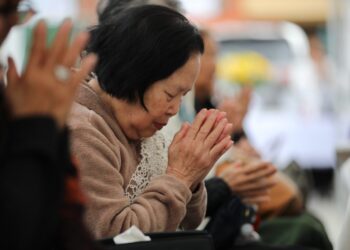Q: Dad died as a result of a car crash and we believe the other driver was engaged in truly reckless behavior. We are going to pursue a wrongful death action, but have been told we may not be able to seek punitive damages because Dad has died. Is that right?
L.B., Torrance
A: Punitive damages are often referred to as exemplary damages. They are “to set an example,” to serve as a deterrent, to punish the wrongdoer who engages in behavior that is so offensive to the community that it rises to the level of oppression, fraud or malice. Nonetheless, when a person has died, the law generally deems punitive damages unavailable because the individual is no longer with us. There is no “live” to person compensate. There are, however, certain exceptions.
If it can be proven that the death was due to felony homicide of the defendant, then punitive damages can be sought. This requires the defendant to be separately and successfully convicted in a criminal case related to the wrongful death.
There is another possibility: a survival action. Here, the estate of the decedent can file a claim for punitive damages if the victim suffered economic loss before death. It can be a minor loss, such as lost wages or medical expenses, or even as modest as the decedent’s clothing. Given the special nature of a survival action, consultation with qualified counsel is recommended. Discussion of a survival action follows with the next question.
Q: What is a survival action and what damages can be sought?
F.H., Monrovia
A: A survival action is so named because it “survives” the death of the injured party. It is an action brought by the decedent’s successors or heirs to recover damages the deceased would have been entitled to from the time of his or her injury to the time of death. The governing statute is California Code of Civil Procedure 377.34, which you can find online by typing it into your web browser.
Today, the plaintiff(s) in a survival action can be awarded…
Read the full article here







